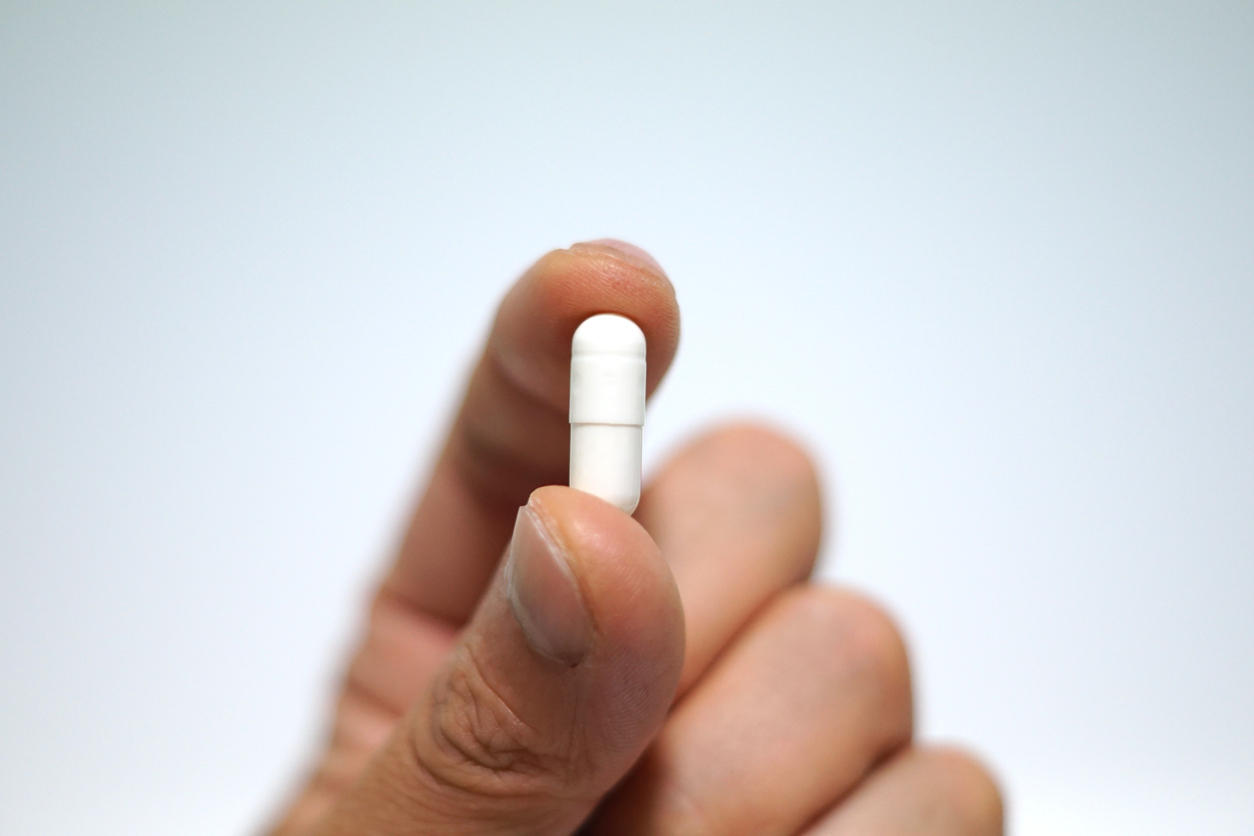A man lost part of his arms and legs after he contracted an incredibly rare disease from his dog.
Greg Manteufel, 48, of West Bend, Wisconsin was in great physical health with no prior complications. He went to a hospital in June, his body turning red and blue down his face, arms and chest.
Doctors ran tests and found a type of bacteria in his bloodstream typically found in the mouths of dogs and cats. Though this type of bacteria rarely make humans sick, he had to have his hands, feet and parts of his nose amputated due to the way the bacteria was interacting with his body.
Capnocytophaga canimorsus is a normal flora found in a dog’s mouth, roughly 74% of them, according to the US Centers for Disease Control and Prevention. Dr. Stephen Cole, a lecturer in veterinary microbiology at the University of Pennsylvania School of Veterinary Medicine, told CNN that, “..in the wrong place, at the wrong time, in the wrong patient … it [Capnocytophaga canimorsus] can lead to severe infections — but very, very rarely.”
In the rare instances, patients can develop sepsis after the bacteria spreads to humans. Disseminated intravascular coagulation is another combination that can occur. Small blood clots are formed which plug blood vessels and block circulation. Manteufel developed both sepsis and disseminated intravascular coagulation.
Though doctors treated him with antibiotics and the infection cleared, Manteufel fell sick again. His tissues died and he developed gangrene.
According to the CDC, people with weakened immune systems or those who have had their spleen removed are at greater risk of infections like Manteufel’s. But the 48-year-old man was in perfect health.
“They said I could have hit the lottery five times in a row in one day before I should have gotten this bacteria in my body,” he said.
C. canimorsus is hard to quantify as it incredibly rare. In 2015, a report was issued that fewer than 500 laboratory-confirmed cases have been reported since 1961.
Though it stems from a dog or a cat, animals are still safe to have as long as owners follow proper hygiene. Pets should not be allowed to lick open sores or wounds, and owners should wash hands frequently after being in contact with them.
Manteufel plans to get prosthetic limbs. His nose will be repaired with cartilage from other parts of his body. As for his 8-year-old pit bull, who he doesn’t believe caused his infection, he’ll continue to keep her around.





